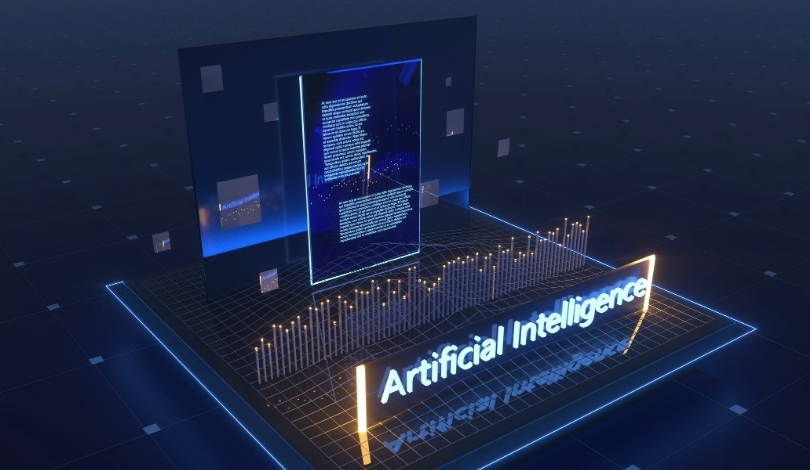An initiative funded by Sam Altman, CEO of OpenAI, has been testing the feasibility of a universal basic income (UBI) through monthly $1,000 payments to participants in Illinois and Texas over the past three years. This project aims to understand the broader impacts of UBI in an era increasingly influenced by artificial intelligence, especially on employment and spending habits.
Sam Altman has supported UBI for several years, believing it could serve as a buffer against job losses due to technological advancement. Earlier studies have also shown mixed results, with some indicating reduced work hours and increased educational pursuits among recipients. The new findings align with these trends, showing nuanced shifts in employment behavior and spending patterns.
Employment and Work Preferences
The study revealed that people receiving $1,000 monthly worked 1.3 fewer hours per week on average and were 2 percent less likely to be employed compared to the control group receiving $50. However, they were 10 percent more likely to be actively seeking job opportunities.
Recipients were more likely to select interesting or meaningful work as an essential condition for any job,” according to Elizabeth Rhodes, research director at OpenResearch.
Spending and Financial Behavior
Participants reported spending more on basic needs and support for others. Monthly spending increased by $310 on average, with significant rises in expenditure on food, rent, and transportation. Healthcare spending also saw a bump, with a 10 percent increase in the likelihood of receiving dental care within the past year.
Although we find no significant effects on measures of physical health, the increased utilization of medical care may lead to long-term health benefits,” the study noted.
Altman’s new concept of “universal basic compute” has also been brought into the discussion, suggesting an alternative to financial aid. The debate around UBI is still polarized within the tech community, with key figures expressing varying degrees of support and skepticism.
Altman’s study continues to contribute valuable data to the ongoing discussion about the practicality of UBI. Future releases from OpenResearch are expected to explore additional dimensions such as political engagement, social relationships, and children’s education, providing a more comprehensive view of UBI’s long-term effects. Insights from these findings could prove crucial as society grapples with the economic implications of AI and automation.










